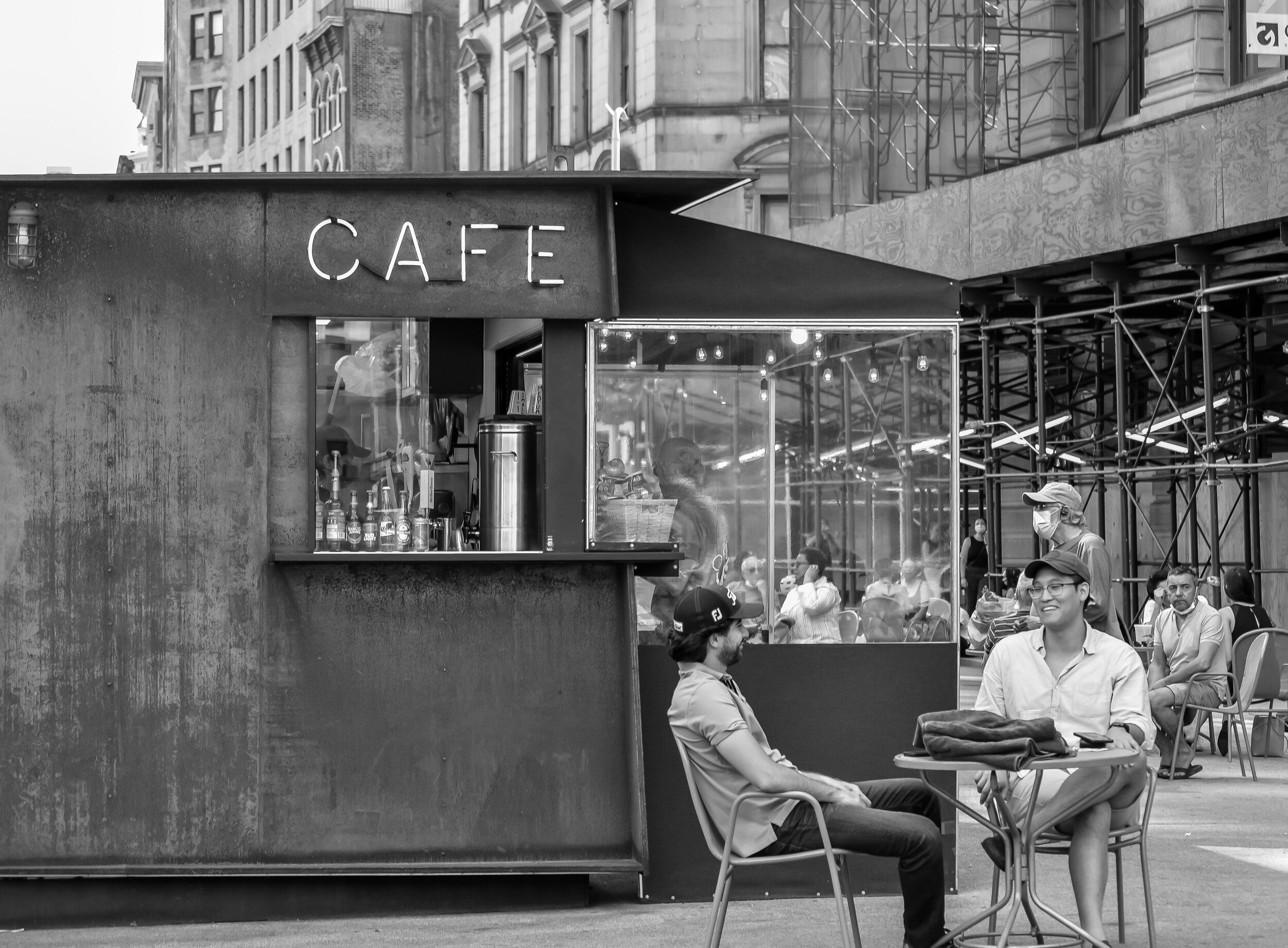Shifting Uses and Perceptions of Public Space: Placemaking During COVID-19
This study seeks to understand how municipalities across Michigan responded to the coronavirus pandemic. At a time when many communities faced the competing necessities to maintain social distance and support local businesses, the purpose of this study is to ask local leaders and stakeholders to share their thinking and experiences around reimagining and reutilizing public space in response to COVID-19.
Over the last decade, cities and towns across Michigan have been creatively re-imagining public spaces through the process of placemaking–an increasingly common community development strategy used to stave off blight, reenergize neighborhoods, and change how people think about and use the spaces around them. In light of the pandemic, many of these efforts to redefine communal space accelerated. From the creation of “healthy streets” to the proliferation of social districts to the growth of outdoor dining, communities used regulatory tools and innovative approaches to urban planning to adapt their built environments. In the process, these places laid the groundwork for and fast-tracked potentially permanent changes to public space. Data from this project offers insights and best practices into these space transformations and captures a unique snapshot of creative placemaking strategies utilized to meet the moment of requisite and dramatic rethinking of public life.
This project is a collaboration between Lydia Wileden and the Michigan Municipal League. It was supported with a grant from the Rackham Program in Public Scholarship.
